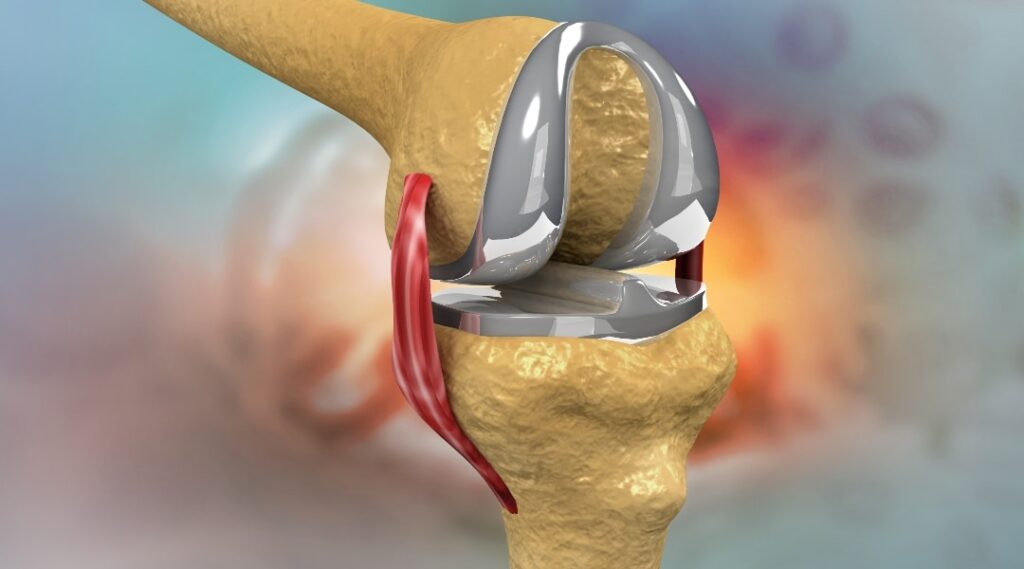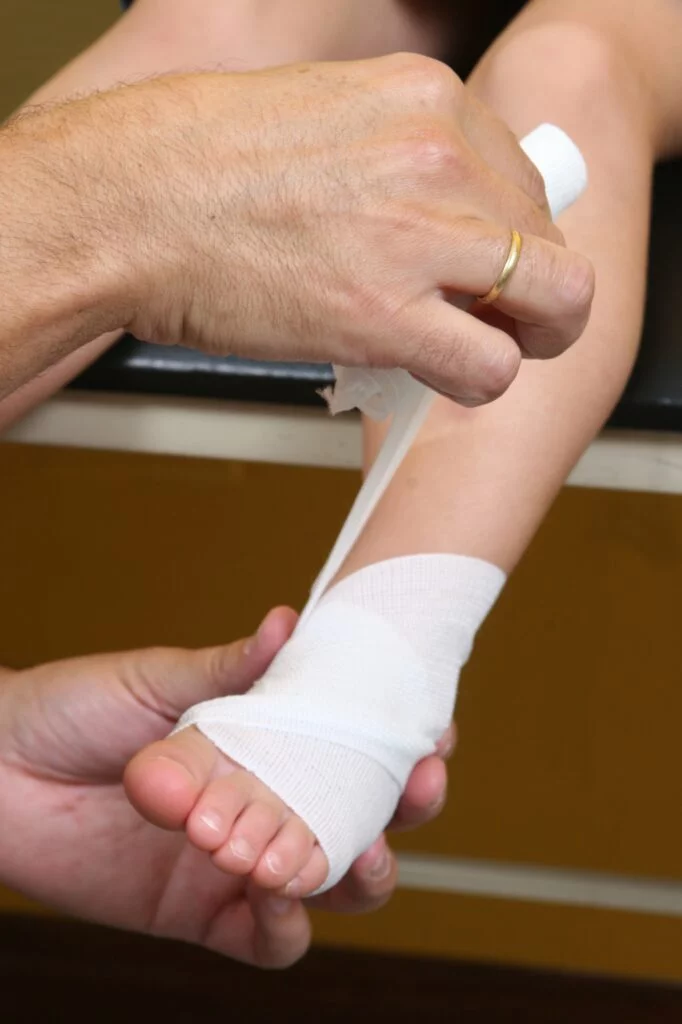Table of Contents
Introduction
Knee replacement surgery is not an uncommon procedure. In the United States alone, hundreds of thousands of people undergo at least one knee replacement each year.
Knee replacement is typically considered for patients with chronic pain and/or mobility problems – frequently due to arthritis, but potentially for other conditions as well.
For most knee replacement candidates, conservative forms of management and relief just don’t work anymore. More conservative measures might have been more effective in the past, but the knee can eventually reach a point of degradation that only surgery can significantly improve.
We will discuss the differences between partial and total knee replacement here, but you may certainly have further questions about your options. Please don’t hesitate to contact us and schedule a consultation – we’ll be happy to speak with you directly!
Partial Knee Replacement vs. Total Knee Replacement
The goals of both partial and total knee replacement procedures are the same: to improve a patient’s quality of life by relieving chronic pain and restoring and/or maintaining mobility. This is done with the use of prosthetics to replace parts of the knee.
Whether the procedure is “partial” or “total” depends upon the extent of damage to the knee joint.
The knee is divided into three sections:
- The lateral compartment (outer side of the knee)
- The medial compartment (inner side of the knee)
- The patellofemoral compartment (the front of the knee, where your kneecap is)
If only one section of the knee is affected by arthritis or other damage, a partial knee replacement may be considered to replace only that section. Otherwise, a total knee replacement may be in order.
As you might expect, a partial knee replacement will preserve more of the original organic elements of the knee. Depending on the severity and extent of damage, however, that is not always necessarily desired.
A total knee replacement, for example, will remove more of the ligaments of the knee. However, both procedures will likely involve rebalancing remaining ligaments around the joint to improve stability, addressing any excess stretching or tightening of the ligaments that might have occurred over time.

Am I A Candidate for Knee Replacement Surgery?
Only a thorough examination, a discussion of your symptoms and needs, and a review of your medical history can determine whether knee replacement of any form should be considered for your circumstances.
That said, factors that tend to favor knee replacement include:
- Pain severe enough to limit activities such as walking or getting into or out of a seat.
- Resting knee pain that is moderate or severe in nature.
- Significant stiffness in the knee.
- Significant deformity of the knee.
- Poor or dwindling results from more conservative forms of treatment, including pain medications.
What to Expect from Knee Replacement
Knee replacements are very common and very frequently successful procedures. Most patients report a dramatic relief in discomfort and pain. They are also often able to return to basic tasks and motions that once caused them too much grief.
However, nobody should expect to be able to do everything after a knee replacement. These are prosthetic replacements, not bionic enhancements. While activities such as walking and swimming are often expected, running, contact sports, and other high-impact activities will often not be recommended.
It is important to follow all post-operative care instructions, as well as short-term and long-term restrictions. Doing so will help decrease the risk of future damage and complications.
Also, while knee replacements are designed to last many years, they may sometimes require replacement in the future. Once again, how well you treat your knee replacement can play a significant role in whether it needs to be replaced in the future.
Your Go-To for Knee Pain Help
If knee pain has been making everything difficult, do not put off seeking help any longer. Schedule an appointment with us and we will help you reach a life-changing solution.
Call us at (916) 961-3434 or clikc the Appointment button below to reach out to us. We’ll be happy to hear from you.
Looking to schedule an appointment with a physician?
Schedule an appointment with us by calling (916) 961-3434 or by clicking the button below to begin requesting your appointment today!

